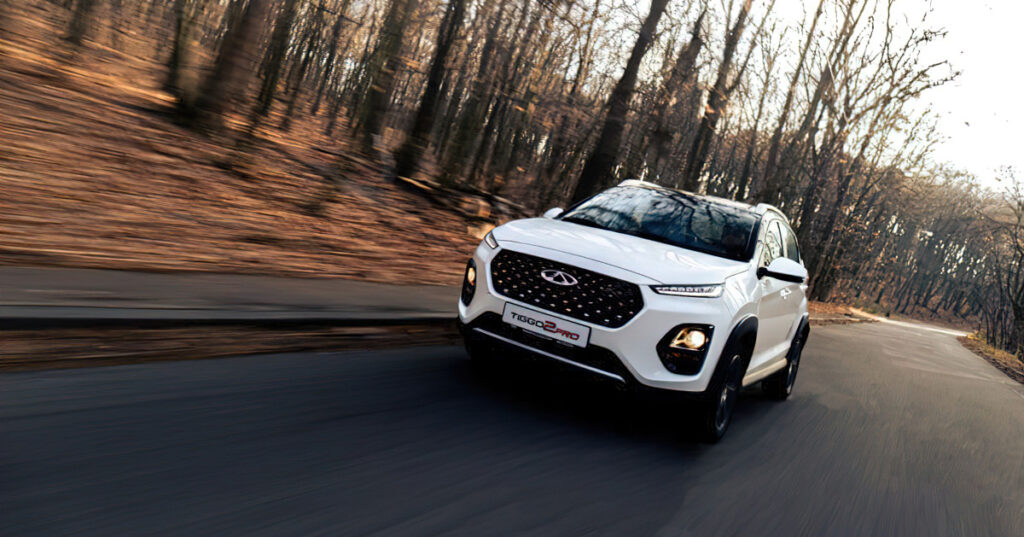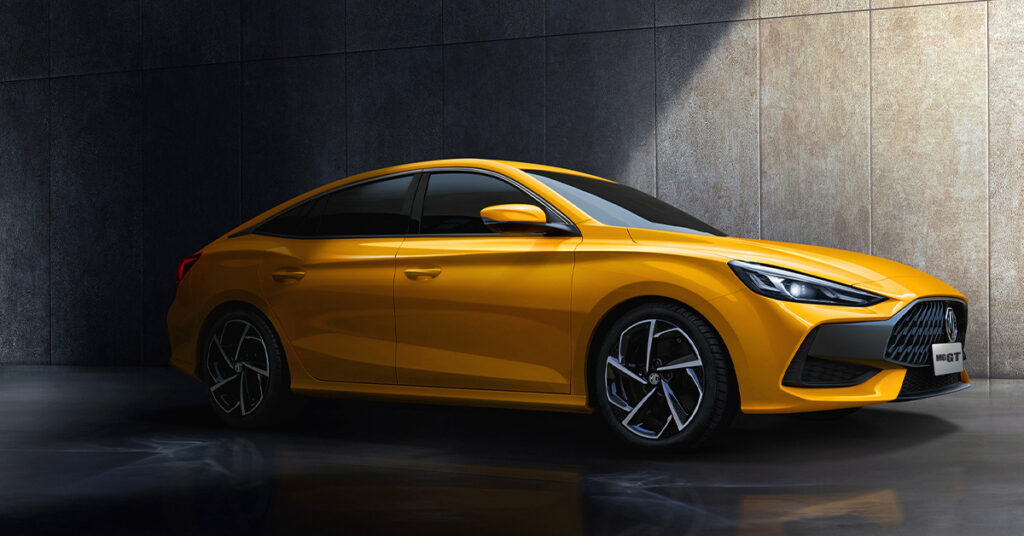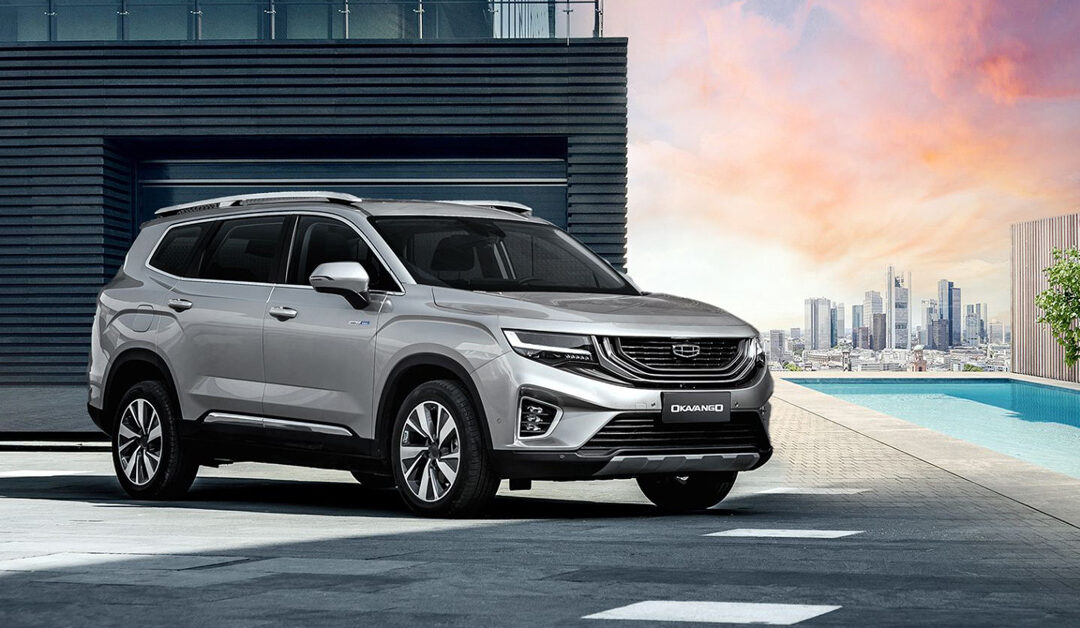When it comes to buying cars in the Philippines, the brand can factor in quite heavily in the purchasing decision.
There’s still a huge preference for Japanese automakers. Toyota continues to dominate the Philippine market. Alongside it are the usual brands like Mitsubishi, Nissan, and Honda. Korean badges like Hyundai and Kia also command some respect. As for American automakers, Ford has a decent following, especially with its trucks and SUVs.
However, more and more Chinese-brand cars are hitting Philippine roads. If you’re in the market for a new car, you might actually start considering getting one yourself. You can’t fault their buyers. On paper, they sure pack a huge bang for the buck.
But are they really worth it?
What China-Brand Cars Are Available in the Philippines
First, let’s take a look at which China-brand cars are available in the Philippines today.
- Geely – Perhaps the most popular Chinese brand these days, carving its share of the local market with the Coolray, Azkarra, and Okavango.
- GAC – Guangzhou Automobile Group Co. is a state-owned automaker that makes the Empow sedan, GS3 crossover, and the GS8 SUV
- MG – Morris Garages was a British marquee but was eventually bought by China-based SAIC. These days, they’re known for the sporty looking MG GT and the MG RX5 SUV.
- Chery – First made a splash with their small cars like the QQ but are now famous for their crossovers and SUVs like the Tiggo 2, Tiggo 5x, Tiggo 7, and Tiggo 8.
- Changan – The automaker sells the affordable Alsvin sedan and a slew of CUVs and SUVs including the UNI-T and CS55.
- BAIC – Sells really affordable vehicles with several models selling for less than PhP700,000. In a market that’s saturated by models priced north of PhP1 million, BAIC does make owning a brand new car, very accessible.
- BYD – Stands for Build Your Dreams and offers hybrids and electric vehicles like the the Tang, the Tang EV and the Dolphin electric hatchback.
- Foton – Has been around for a while, known for its commercial vehicles like trucks but also offers passenger vehicles like the Toplander SUV and the Thunder pickup.
For the older fogies out there, you might be surprised that some of these automakers (Chery, in particular) have been around for more than a decade already.

Advantages of Chinese-brand Cars
Here are some advantages of China cars in the Philippines.
Affordability
In a market like the Philippines, low prices are definitely a major come on for consumers. And Chinese cars do offer that. In our personal experience shopping for a car recently, we never really wanted to own a Chinese-brand car but the prices had us do a double-take.
Crossovers and SUVs are often PhP 40,000 to PhP100,000 cheaper than other cars in their segment and those are even before the sizable PhP40,000 to PhP100,000 discount promos that they offer. Dealerships also offer much more in terms of “freebies” like insurance and registration even if you’re not getting in-house financing.
Features and Equipment
Chinese cars pack a lot of tech for the price. The Coolray, for instance, is a great exhibit for the bells and whistles available on Chinese-made vehicles. It features a turbocharged 1.5L gasoline engine that generates 177 hp. It’s the zippiest crossover that I’ve driven. Inside, you get a 360-degree camera, a large 10-inch infotainment system, flappy-paddle shifters, and driver assist feature like automated parking and emergency braking.
At its segment and price range, the Nissan Kicks, Ford Territory and Hyundai Creta won’t come close to the Coolray’s specs on paper. Even the base-model Honda HR-V will appear dated when it comes to the Coolray’s feature set even with its lauded Honda Sensing technology.
After-Sales and Warranty
To combat the negative stigma for Chinese-made vehicles being unreliable and disposable products, automakers are offering quite a lot in terms of warranty and after-sales deals.
For example, Chery offers 3 years free parts and labor for servicing, 3 years free road-side assistance, 7 years/200,000 km bumper-to-bumper warranty, and a 10-year (unlimited mileage) warranty for the engine for its flagship SUV (Tiggo 8 Pro). They also mention having a local assembly plant in Pampanga, linking it to the idea that having such a local facility makes it easier to source parts in case they’re needed.
Not all Chinese-brand dealerships match Chery’s warranty scheme but 5-year warranties are pretty much standard. Most Japanese automakers only offer 3-year, 100,000-km limited warranties.

Disadvantages of Chinese-Brand Cars
On the flipside, here are some disadvantages to China-brand cars:
Branding and Stigma
Let’s face it. Filipinos are brand-conscious. They might raise a judging eyebrow at people who buy or drive Chinese cars. There was a time when Kia and Hyundai were scoffed at when compared to the Japanese marquees. It took them quite a while and even arguably the arrival of Chinese makes for them to shake off the stigma of being second-rate vehicles.
Long-Term Reliability
Since they’re fairly new in the Philippine market, Chinese-brand cars still don’t have a good track record of long-term reliability. There are some horror stories of owners with faulty units that have to wait three to six months to source parts from China.
Then again, getting a lemon is a statistical probability regardless of the brand. Even the Japanese automakers have gone through bouts of recalls. However, since there’s already a stable ecosystem of shops and parts that can capably service Japanese models, the general perception still is that these cars are still easier to own and run even if they’re way past their warranty.
Resale Value
Chinese cars generally have lower resale value compared to more established brands. This said, this may change as the reputation of Chinese car manufacturers improves and the market actually begins to accept these brands are a natural part of the local motoring ecosystem.
Are Chinese Cars Worth It?
If you’re just looking for a car to ferry yourself in the metro, then getting one of these Chinese-brand cars can make sense. Chery’s offer to free maintenance, roadside assistance, and lengthy warranty does give you some peace of mind owning a lumbering yet plasticky SUV.
If you just plan to keep the car while you’re amortizing it for five years, sure. They perfectly fit the profile of pangharabas. Just don’t expect to recoup much should you decide to part ways with the car immediately after the warranty’s up.
For my particular situation, however, I see the appeal of Chinese-brand cars. But I feel a bit more confident owning and piloting a car from either a Japanese or Korean automaker.

